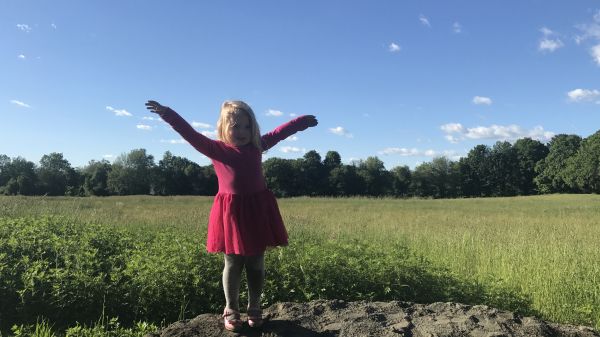Sustainable Change Takes Time

Since Agenda 21 called for Environmental Education for children and all people, all over the world at the UN Conference on Environment and Development (UNCED) in 1992, adult policymakers have fallen back onto the excuse that the investment (both in years and dollars) that it would take to educate a child is too long to change the tides of a changing planet.
Indeed, it was the same conference that gave birth to the United Nations Framework Convention on Climate Change (UNFCCC) and sister conventions on Biodiversity and Desertification that also gave us Agenda21 as a detailed road map to combat these threats. Still, unfortunately this roadmap did not come equipt with a GPS system to get us there.
Yet, someone who was in the 1st grade in 1992 is today fully an adult. Some have learned to live in harmony with the environment while vast percentages of others have not and our planet is warming at an alarming rate.
After more than a decade, at the World Conference on Education for Sustainability in 2009, the Honorable Graça Machel asked:
"How sustainable can education be if it does not help us to learn to protect our environment and live in peace with nature rather than at war with our planet?"
Now, this very day, while governments, civil society and constituent groups are in Spain at the 25th (25 years!) Climate Change Convention of the Parties (COP25) in Madrid, most still believe that because the clock is ticking, K-12 environmental education for children will take too much time. Yet, sole young voices like Greta Thunburg become ‘Time Magazine’ Person of the Year for her efforts toward compelling adults to action, even still when asked about education for her cohort, the young and amazing Miss Thunberg turned the topic back to science and the need for influential adults to take action.
In my opinion, the masses of billions of people on the front lines all over the world are our best chance and education is absolutely essential to very literally turn the tide of change. If, in fact, each of the approximately 2.2 billion children under the age of 18 would plant and care for 7 trees each, it could be possible start to reverse the impact of deforestation. This type of local action will yield global results, that can make a difference. And we, as environmental educators are the ones who can help the youngsters in our lives to make the change.

Comments
In reply to 1811 by Thomas Marcinkowski
thanks so much Sheri, it means so much!!! Happy holidays :-)
In reply to 1811 by Thomas Marcinkowski
thanks so much Sheri, it means so much!!! Happy holidays :-)
Thanks for sharing this important message! I teach 7th grade environmental science and everyday I know that I am helping my students understand the world around them and guiding them to make positive change.